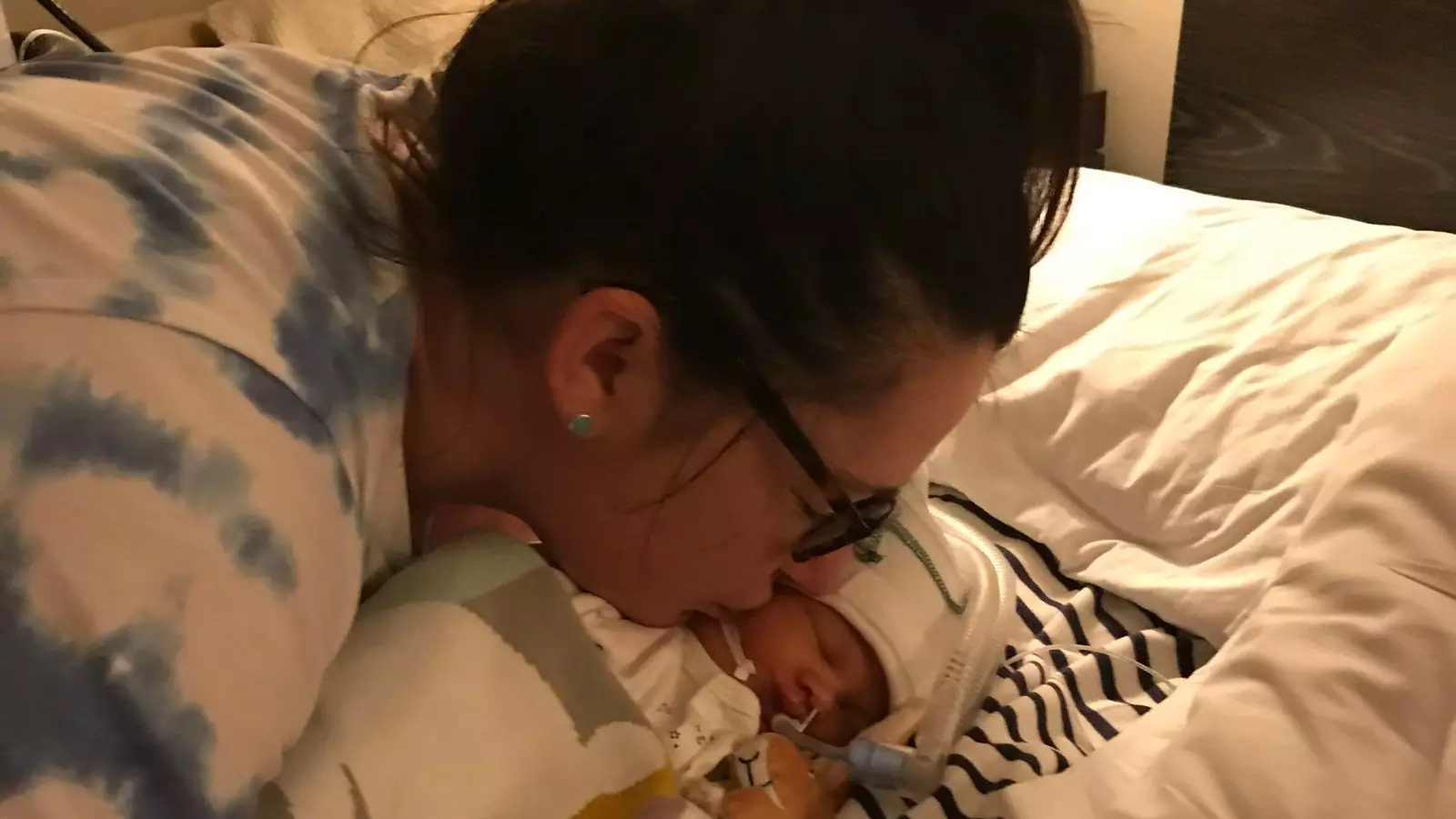The unfortunate passing of baby Ida Lock serves as a harrowing reminder of the systemic failures within the healthcare system, particularly in maternal and neonatal care. After enduring a brain injury due to a lack of oxygen shortly after her birth at the Royal Lancaster Infirmary, this baby girl breathed her last after just seven days. She was brought to the neonatal unit at Royal Preston Hospital, where her condition failed to improve, ultimately leading to her untimely death on November 16, 2019. This case raises not just questions about medical oversight but also about the human failures that leave grieving families in the dark while clutching onto the shards of their shattered lives. For Ida’s parents, Ryan Lock and Sarah Robinson, the journey to unveil the truth has been fraught with significant psychological toll and heartbreak.
Fighting for Answers in a Culture of Silence
From the outset, Ryan and Sarah were met with resistance rather than transparency. They described their fight for answers as walking against a “huge wall” erected by the hospital trust. This institutional opacity is alarming; it not only diminishes trust in healthcare providers but also exacerbates the grief of parents left searching for meaning in an incomprehensible loss. Sarah recounted feeling an unwarranted sense of blame thrust upon her, a weight that too many grieving parents endure when faced with an unyielding system. The initial investigation, although concluded without identifying any faults, merely scratched the surface. It wasn’t until April 2020, with the intervention of the independent Healthcare Safety Investigation Branch (HSIB), that serious shortcomings in Ida’s care were uncovered.
Numerous Failings: The Flaws in the System
The core finding of the HSIB indicated that the midwives overlooked critical signs of distress during labor, particularly a dangerously slow foetal heart rate. Even following birth, the resuscitation attempts were inadequate. These are glaring errors that should never happen in a modern healthcare system equipped with numerous safety protocols. It signifies not just an isolated failure but a substantially flawed culture endemic in numerous maternity services across the country. The pain and injustice are unfathomable, particularly for parents who have already been dealt such a merciless blow by fate.
A Culture of Fear and Accountability
Dr. Bill Kirkup, who has overseen various investigations into maternity services across the UK, articulated the desperate need for cultural change within healthcare facilities. His assertion that these failings are “not problems of isolated units” reveals a far-reaching epidemic of negligence that has persisted unchallenged. The revelation that 65% of maternity units have received ratings of either “inadequate” or requiring improvement only adds to the desolation surrounding cases like Ida’s. The system seems to foster a culture of silence where accountability is conveniently overlooked, resulting in devastating consequences for families who have already suffered unimaginable loss.
The Psychological Toll on Families
The emotional burden extends far beyond the initial shock of loss, as Sarah eloquently describes the lasting consequences on her mental health. Her anxiety and stress, five years later, starkly illustrate how one tragic event can irreparably alter a person’s psyche. New life does not equate to emotional closure; the scars from losing a child remain indelibly etched into the hearts of parents like Sarah. Having another daughter has offered some solace, yet the specters of anxiety, distrust, and unresolved trauma persist. No family should bear this cross, yet countless others suffer in similar silence, fearing that their pain will remain unseen.
A Call for Change
Both Ryan and Sarah advocate for systemic reforms in an attempt to transform a broken culture that prioritizes silence over honesty. The couple’s grief is amplified by their struggle for accountability within the healthcare system that, instead of offering answers, seemed intent on avoiding responsibility. Fundamental shifts are necessary if real change is to be realized. A future maternity culture grounded in transparency, accountability, and empathy for families is essential. As the healthcare system grapples with its own failings, it must listen to the voices like Ida’s parents who echo the urgent cries for justice and reform, ensuring that no more families suffer the same tragic fate.



Leave a Reply